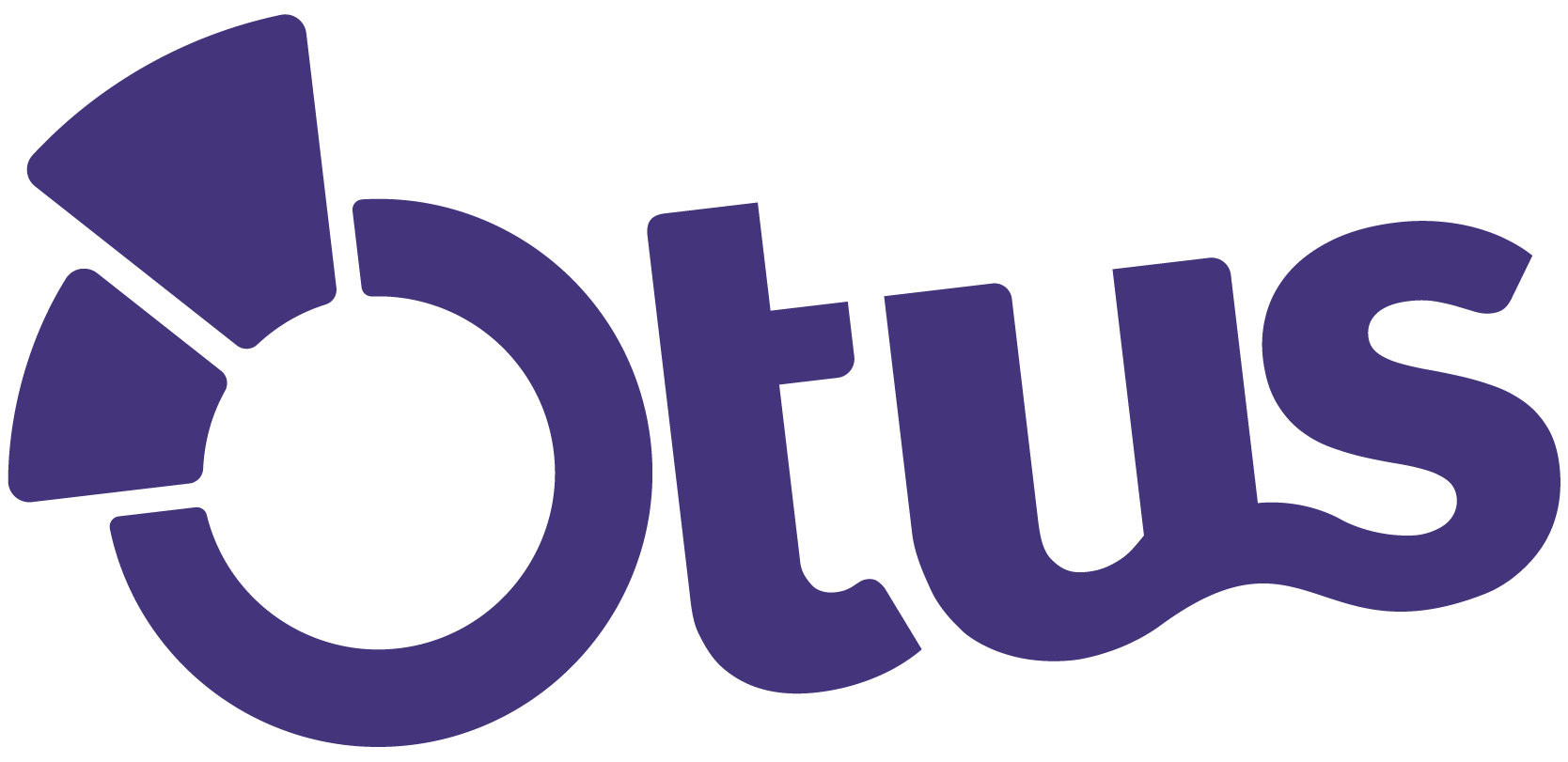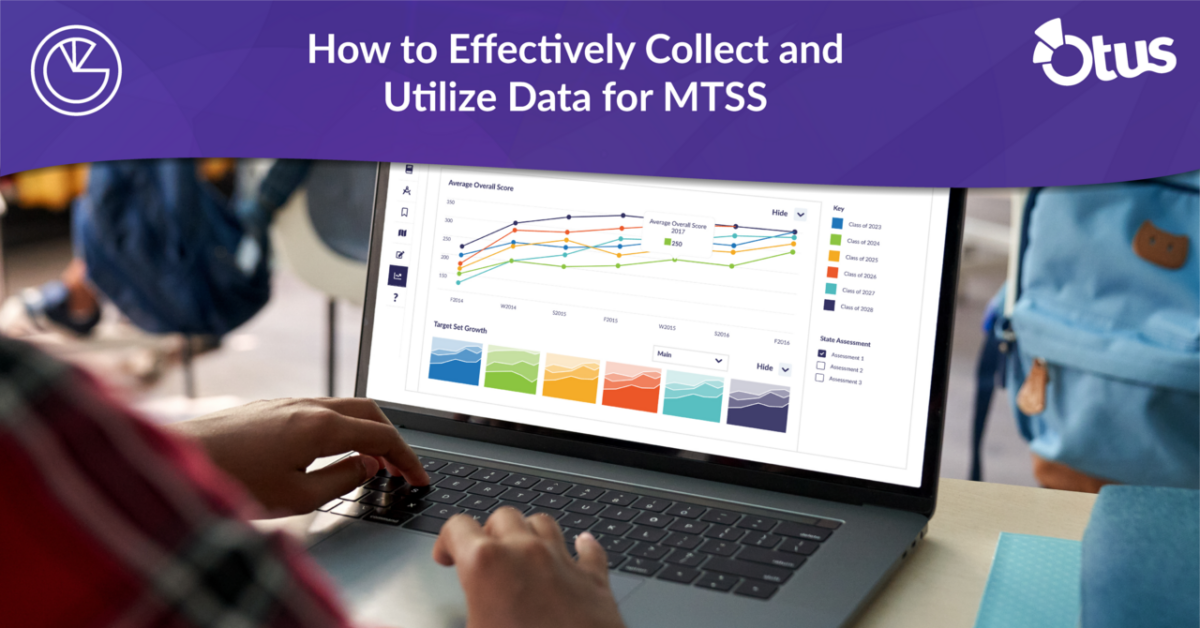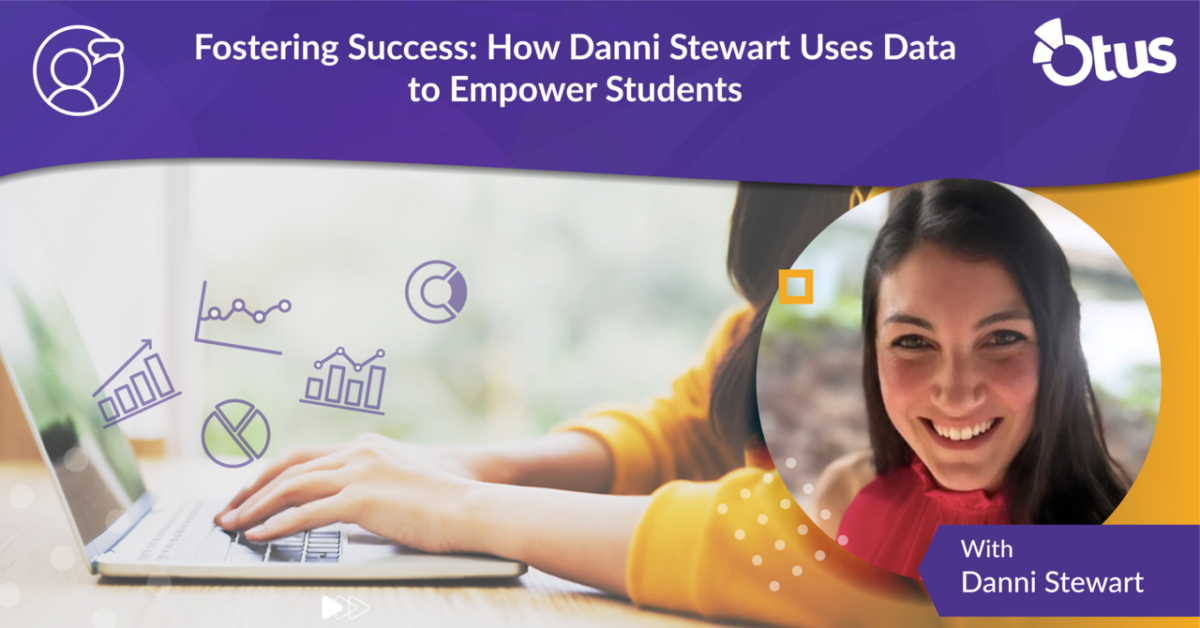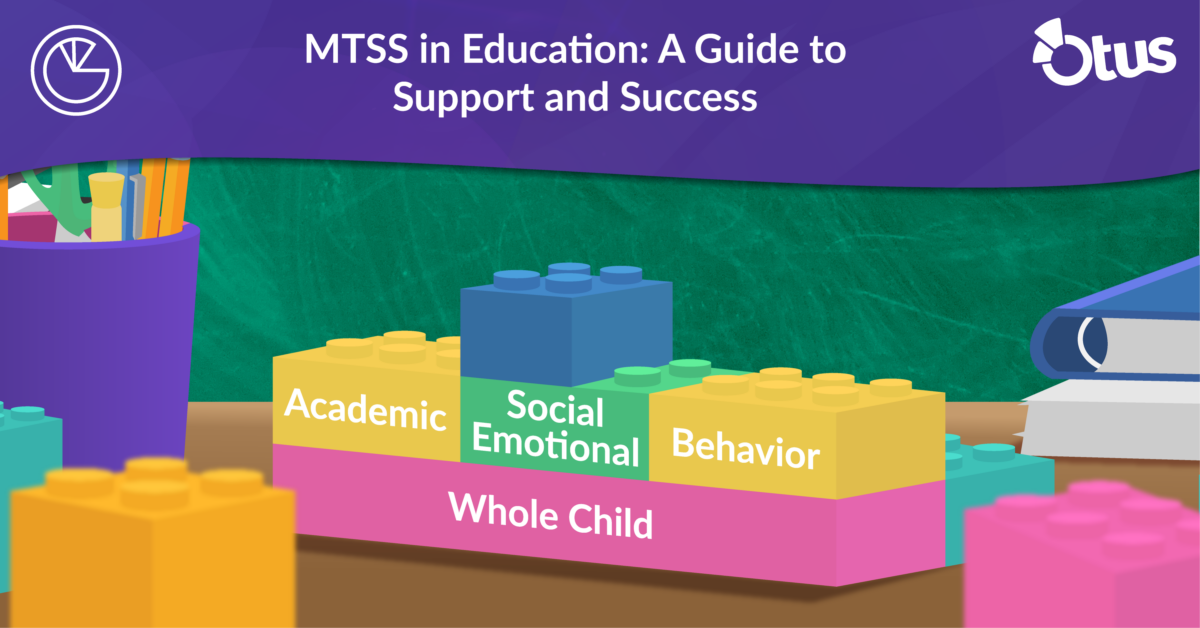As a classroom teacher, I remember feeling like my administrators always wanted me to do “one more thing”. Beyond ensuring that my 26 students had all of their academic and social-emotional needs met, there was always something else that I was being asked to do. Maybe it was piloting a new textbook, maybe it was taking an extra lunch duty, or maybe it was joining a committee.
Later in my career, as a principal, I remember falling into the trap of asking teachers to do “one more thing”. And, those things were similar, if not occasionally exactly, what I listed above. While I remembered how I felt as a teacher when I was being asked to do “one more thing”, as a principal, I justified my ask because “I had a larger view of what was happening in the building and what needs were and weren’t being met.”
Now, as an edtech provider, I frequently hear school administrators say, “if I ask my teachers to do “one more thing, they will revolt!”
As you think back on the school year, does the idea of having “one more thing” added to your plate sound familiar to you?
Reconsidering your perception
Are teachers really going to “revolt” if administrators ask them to do “one more thing,” or are teachers going to simply share an alternate perspective because the “one more thing” they are being asked to do does not have any obvious value to their students or them? Often, administrators take professional push-back from a teacher as negative (or, “revolting”) when the teacher is really just asking for the rationale behind the request.
Think about the initiatives you have implemented this year. Did you give the initiatives time to work or did you shift to another initiative at the first sign of a struggle? Did you ask teachers to attend a special meeting and then never close the loop with them as to how their participation in the meeting made a difference?
The teachers I know want to try new things. But, they want to try the right new things. Most importantly, they want to be heard and see that their opinion is valued.
Building “one-more-thing” capital
Consider the idea of educator push-back within the context of edtech. The edtech industry is fabulous at providing fun and cool tools. Sometimes, those tools will be sold (or bought) as initiatives in and of themselves. In other words, “if your teachers use (insert tool) you will be doing (insert initiative- i.e. STEM, differentiation, personalized learning, etc.).
Let’s use an example: a principal learns of an edtech product that could be a good fit for the school. That principal approaches a team of teachers to try the product out. That school leader has just spent some “one-more-thing” capital. If this edtech product is not amazing or does not have long-term teaching and learning benefits, the likelihood of that teacher being willing to do the next “one-more-thing” has decreased.
To make “one-more-thing” capital deposits, school and district leaders should consider these three ideas:
1. Give teachers voice and choice
Just like students and their learning, teachers who feel they have a voice and a choice about initiatives are often motivated to take ownership. And ownership creates buy-in and effort.
2. One thing in, two things out
Every time you ask teachers to implement a new tool or focus on a new initiative, remove two tools or initiatives that are no longer a focus. Now, teachers will not feel like “one-more-thing” is being added, because they will know that two “things” are being removed. To read more about this idea, check out Peter Dewitt’s Common Ground Blog.
3. Focus
It’s too easy to give up on a tool, instructional initiative, or building project when the going gets tough. Stick it out and give things time. When evolutionary change rather than revolutionary change is nurtured teachers feel more comfortable taking risks, making mistakes, and being better tomorrow than they are today.
School and district leaders, before you tell anyone, “I can’t ask my teachers to do “one-more-thing,” ask yourself why that is your reality and consider what you can do to change it. Teachers, if you can relate to the pressures of “one-more-thing”, please share some ideas with your administrator. More often than not, your input in how to help your school both try new things and not overwhelm the staff will be very much appreciated!




